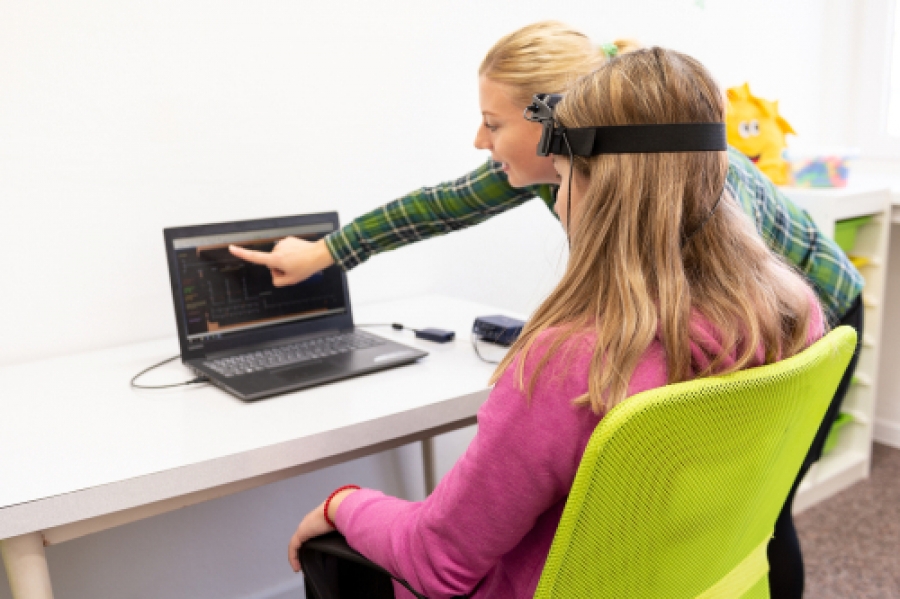If you’re experiencing any form of brain injury or mental health condition, the term neurofeedback training has likely entered your vocabulary. There’s a lot the general public doesn’t know about neurofeedback, which makes people apprehensive to try it as a form of therapy. As the leading provider of neurofeedback training in Denver, we’re here to dispel the rumors and set the record straight by answering some of the most frequently asked questions about neurofeedback.
First – What Is Neurofeedback Training?
If you haven’t heard of neurofeedback or it’s only been briefly mentioned in relation to treatment options, you probably have no idea what we’re talking about. Neurofeedback training is a non-invasive method of mental health care that leverages positive reinforcement to control and ultimately change the way you respond to various stimuli. It’s been proven to be highly effective in treating common mental health disorders like anxiety and depression, as well as supporting those with chronic symptoms, like ADHD or ASD. Additionally, neurofeedback training can effectively treat mental and physical injuries from trauma, concussion, or TBI. Intrigued? You’re not the only one. Let’s dive into the specifics of neurofeedback training.
Are There Side Effects?
This question and related forms of it are some of the most commonly asked questions about neurofeedback training. Does it hurt? Does it have negative side effects? Is reliance or dependence possible? All of these questions are wholly fair because of the way medicine is changing. The first instinct for many medical professionals is to write a prescription. If you’ve ever watched a commercial for a drug, you know that the risks and side effects are practically endless. When exploring your options for mental health care, it’s completely warranted to wonder what the side effects are.
With neurofeedback training, it’s an entirely non-invasive experience. Notice we didn’t call it a procedures. Neurofeedback training works through receptors that are applied to a cap you wear while you’re watching a TV show you enjoy, listening to music you like, or playing a game you’re fond of. The electrodes measure your brain activity so you can decrease unwanted behaviors and control your response to triggering stimuli. So, to answer the question, neurofeedback training doesn’t hurt, there’s no known negative side effects, and a reliance or “addiction” to this type of treatment is not likely.
Why Didn’t My Medical Doctor Mention This?
Another common question we hear from clients who are curious about neurofeedback training is “why have I never heard of this before?” A healthy skepticism follows all types of health care innovations. Neurofeedback training is a relatively new science and it is, most decidedly, a specialty. Many pediatricians and primary care doctors are unfamiliar with the research that supports neurofeedback training simply because it’s outside the realm of their expertise. That doesn’t make it any less effective, though. If you haven’t discussed neurofeedback training with your doctor, we encourage you to. We also encourage you to speak with specialists in the neuroscience field to get a well-rounded understanding of the therapy.
What Are The Benefits?
The benefits of neurofeedback training are specific to the type of symptoms you’re trying to treat with this therapy. An individual who has suffered a traumatic event is going to have a very different experience with neurofeedback training than an individual struggling with symptoms of ADHD. That being said, in a number of different studies done on the benefits of neurofeedback training and the longevity of symptom relief ranging from six months to three years, show lasting improvement in symptoms across the board. The most common benefits include more awareness and control of physical and emotional reactions to stimuli, reduced frequency and severity of symptom presentation, and generally improved quality of life.
How Long Does Neurofeedback Training Take?
The answer to this question also depends on the particular needs of a client. Each session is likely to last 30-45 minutes and can occur as frequently as two to three times per week to begin with. The duration in which you should continue to participate in neurofeedback training will vary depending on the symptoms and severity. An initial and follow-up qEEG brain maps will help your clinicians determine the effects of the treatment and customize a course of therapy that makes sense for you.
Try Neurofeedback Training In Denver
Taking those first steps toward treating a mental health condition is challenging, albeit brave. Neurofeedback training could be a highly effective addition to the current regimen you’re relying on to treat and control your symptoms. To learn more about this non-invasive treatment option and to get any additional questions answered, contact our neurofeedback training clinicians today.




